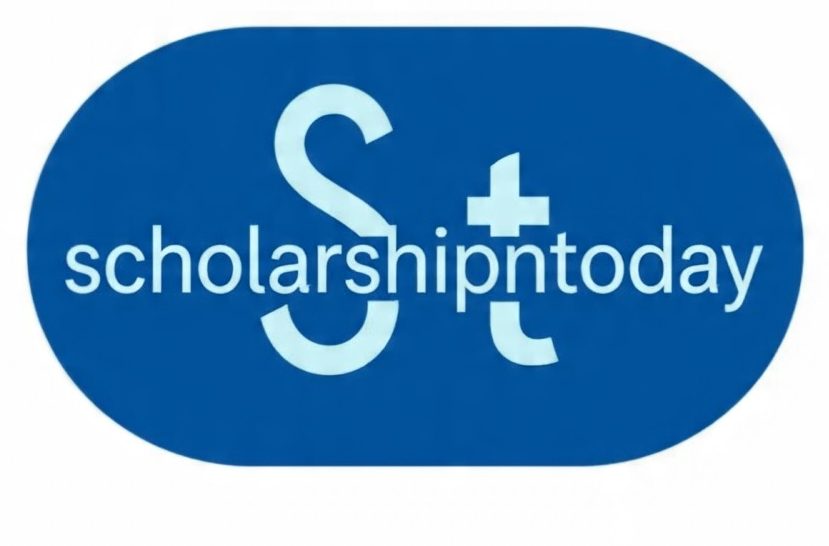Scholarships That Cover Flight Tickets + Living Expenses
Scholarships That Cover Flight Tickets + Living Expenses
For many international students, the dream of studying abroad often comes with one major challenge: cost. Tuition fees, living expenses, and the price of flight tickets can add up quickly, making higher education abroad seem out of reach. Fortunately, some fully funded scholarships go beyond just covering tuition; they also include flight tickets, housing allowances, and stipends to ease financial burdens. These scholarships are game changers because they not only give students access to world-class education but also ensure their well-being throughout their study journey as Scholarships that cover flight tickets and living expenses
Unlike partial funding opportunities, which may only support tuition or a fraction of expenses, fully funded scholarships with travel and living support are holistic. They recognize that education abroad requires more than academic fees—it involves relocation costs, housing, meals, healthcare, and personal needs. By removing these barriers, universities and funding bodies are creating an inclusive environment where students from low-income or developing regions can thrive.
Moreover, such scholarships are highly competitive and often come with added benefits such as mentorship programs, cultural immersion opportunities, and career guidance. They prepare graduates not only for academic excellence but also for global careers. In this article, we’ll explore scholarships that include flight tickets + living stipends, entry-level job opportunities for immigrants, visa requirements, stipend scales, and where to find trusted application portals.
Entry Level Jobs for Immigrants
Studying abroad often opens doors to work opportunities, but many international students and immigrants start their journey with entry-level jobs to sustain themselves financially while adapting to a new environment. These jobs provide invaluable experience, help improve language skills, and build a professional network. Common options include customer service roles, administrative support, hospitality, and part-time retail work. Since most countries have policies allowing students to work a certain number of hours per week during term time, these jobs are a great stepping stone.
Beyond survival, entry-level jobs can also provide career leverage. For example, a student working in a university library or as a teaching assistant not only earns an income but also gains exposure to academic circles. Similarly, working in tech support, marketing, or content creation can connect students to industries that may later sponsor work visas or offer internships. It’s important to view these roles not as dead ends, but as launch pads into bigger opportunities.
Another aspect to consider is the flexibility of these jobs. Employers in student-friendly nations such as Canada, Germany, and Australia often understand the academic commitments of international students and create work schedules that fit around class timetables. With minimum wage protections in place, even part-time work can contribute significantly to covering living expenses when combined with a scholarship stipend.
Lastly, entry-level work fosters cultural integration. By working alongside locals, immigrants quickly adapt to workplace culture, improve communication, and gain confidence. The relationships built in these settings often grow into references, mentorships, or even long-term career opportunities. When combined with fully funded scholarships, entry-level jobs become part of a strong foundation for academic and professional success abroad.
Visa Requirements For Scholarships that cover flight tickets and living expenses
Securing a scholarship that covers flights and living expenses is only half of the journey; the other half is meeting the visa requirements of the host country. Each country has different regulations, but in general, scholarship recipients must prove admission into a recognized institution, financial stability (often waived if the scholarship includes stipends), and a clear academic or professional purpose.
For example, Canada requires international students to show a Letter of Acceptance (LOA) from a Designated Learning Institution, while the UK Student Visa process emphasizes proof of funds unless the scholarship covers it entirely. Similarly, the U.S. requires an F-1 Student Visa with documentation such as the I-20 form issued by the admitting university.
Scholarship students usually have a smoother process because the sponsoring body often provides supporting documents, such as financial guarantee letters or direct confirmations to embassies. In some cases, visa interview questions revolve around the scholarship details, so applicants should be well-prepared to explain their funding.
Additionally, countries like Germany and Sweden often request proof of health insurance coverage, which many scholarships already provide. Understanding these visa nuances in advance prevents delays and ensures a stress-free start to the study abroad journey.
Stipend Scale for Immigrants
The stipend scale for immigrants and scholarship holders varies by country and scholarship program. Below is an overview of typical monthly allowances:
| Country/Region | Average Monthly Stipend (USD) | What It Covers |
|---|---|---|
| United States | $1,200 – $2,500 | Housing, food, transport, books |
| United Kingdom | $1,100 – $2,000 | Rent, meals, health insurance, transit |
| Canada | $1,200 – $2,000 | Accommodation, winter clothing, transport |
| Germany | $900 – $1,400 | Rent, insurance, groceries, public transit |
| Australia | $1,300 – $2,200 | Rent, food, utilities, transportation |
| Middle East (Qatar, UAE, Saudi) | $1,000 – $1,800 | Housing, allowances, airfare, meals |
These figures are estimates, but most fully funded scholarships ensure stipends align with local living costs, so students can study without financial stress.
Application Requirements and Documents
Applying for scholarships that cover flight tickets and living expenses requires attention to detail. While each program differs, most commonly requested documents include:
-
Academic Transcripts – Certified copies of high school or university results.
-
Proof of Admission – A conditional or confirmed admission letter from a recognized university.
-
Scholarship Application Form – Completed accurately through the funding body’s official website.
-
Personal Statement / Statement of Purpose (SOP) – Explaining career goals, motivation, and why you deserve the scholarship.
-
Letters of Recommendation – From academic or professional referees.
-
Language Proficiency Tests – IELTS, TOEFL, or equivalent for non-native English speakers.
-
Passport Copy – Valid for at least six months beyond the study period.
-
CV/Resume – Highlighting academic and extracurricular achievements.
Students should always double-check requirements on the official scholarship website to avoid missing deadlines.
University and Scholarship Websites to Find Opportunities For Scholarships that cover flight tickets and living expenses
To make the search easier, here are trusted sources where students can find fully funded scholarships that include flight tickets and living stipends:
-
DAAD Scholarships (Germany) – https://www.daad.de
-
Chevening Scholarships (UK) – https://www.chevening.org
-
Fulbright Program (USA) – https://foreign.fulbrightonline.org
-
Erasmus+ (Europe) – https://erasmus-plus.ec.europa.eu
-
Australia Awards – https://www.dfat.gov.au/people-to-people/australia-awards
-
Qatar University Scholarships – http://www.qu.edu.qa
📌 For step-by-step guides on preparing scholarship applications, visit travel.scholarshipntoday.com.
Conclusion
Securing a scholarship that not only pays for tuition but also covers flight tickets and living expenses is one of the smartest ways to achieve your study abroad dreams. With financial stress removed, students can focus entirely on excelling academically, exploring new cultures, and building global careers.
While scholarships are competitive, proper preparation—meeting application requirements, submitting strong documents, and applying on time—significantly improves chances. Combined with entry-level work opportunities, understanding visa processes, and leveraging stipend packages, international students can truly thrive abroad.
For students serious about studying overseas, start by exploring reliable scholarship portals like DAAD, Fulbright, or Chevening, and use resources from trusted platforms like travel.scholarshipntoday.com for personalized tips. Don’t miss this opportunity—the right scholarship could change your life forever.






